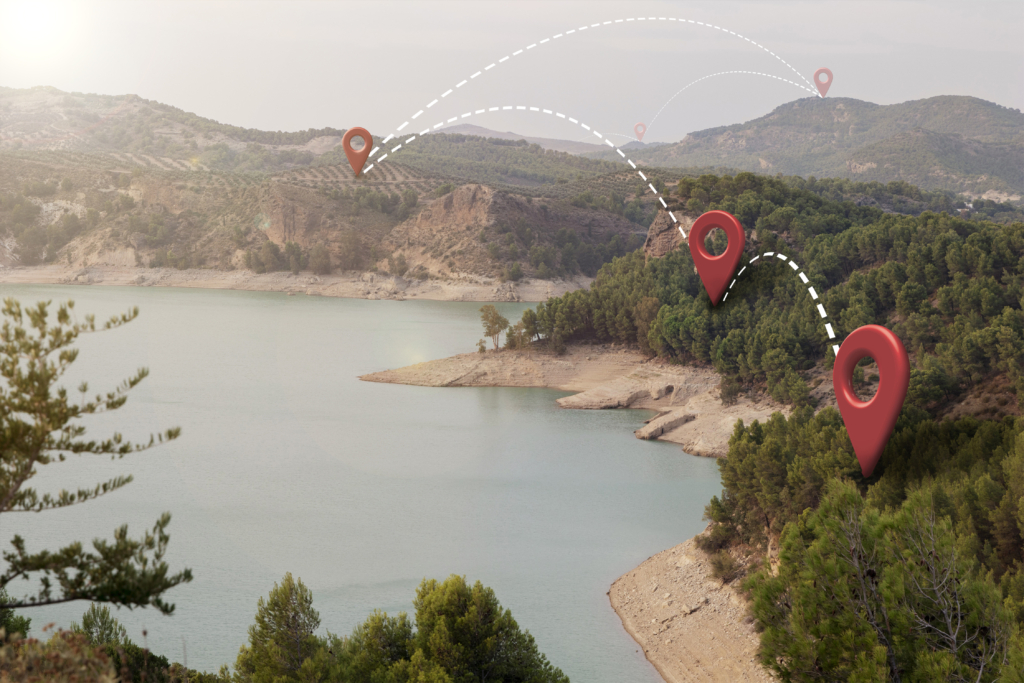Introduction:

For foreign investors looking to lease land in Kenya, it’s important to have a clear understanding of the rules and regulations in place. Kenya restricts foreigners from owning land, but allows them to lease land for a maximum of 99 years. In this blog post, we’ll provide an overview of what you need to know when leasing land in Kenya.
Obtaining an Alien Land Holding License:
The first step in leasing land in Kenya is to obtain an Alien Land Holding License from the Ministry of Lands and Physical Planning. The process of obtaining this license can be lengthy and requires several documents, including a valid passport, proof of income, and a detailed proposal for the use of the land.
Conducting Due Diligence:
Before leasing land in Kenya, it’s important to conduct due diligence on the property. This includes checking for any outstanding debts or disputes over ownership. A reputable lawyer with experience in land transactions can assist you with this process.
Cost of Leasing Land:
The cost of leasing land in Kenya varies depending on several factors, including the location, size, and intended use of the property. It’s important to have a clear understanding of the costs involved so you can make an informed decision.
Government Policies:
The Kenya government has policies in place that restrict foreign ownership of land in certain areas, such as near the coast. It’s important to be aware of these restrictions before entering into a transaction and to consult with the Ministry of Lands and Physical Planning for updated regulations and laws.
Consulting with the Ministry of Lands and Physical Planning:
Before leasing land in Kenya, it’s advisable to consult with the Ministry of Lands and Physical Planning. They can provide you with updated information on regulations and laws that may affect the process and help you navigate the process successfully.
Conclusion:
Leasing land in Kenya can be a complex process, but with the right guidance, it can be a successful transaction. By obtaining an Alien Land Holding License, conducting due diligence, being aware of the cost and government policies, and consulting with the Ministry of Lands and Physical Planning, you can ensure that you make an informed decision and protect your investment. Hiring a reputable lawyer with experience in land transactions can also assist you in navigating the process successfully.



